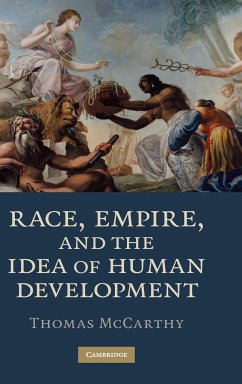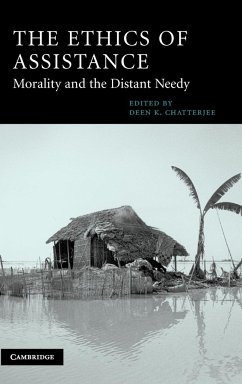
Displacement by Development
Versandkostenfrei!
Versandfertig in 1-2 Wochen
40,99 €
inkl. MwSt.
Weitere Ausgaben:

PAYBACK Punkte
20 °P sammeln!
For decades, policy-makers in government, development banks and foundations, NGOs, researchers and students have struggled with the problem of how to protect people who are displaced from their homes and livelihoods by development projects. This book addresses these concerns and explores how debates often become deadlocked between 'managerial' and 'movementist' perspectives. Using development ethics to determine the rights and responsibilities of various stakeholders, the authors find that displaced people must be empowered so as to share equitably in benefits rather than being victimized. The...
For decades, policy-makers in government, development banks and foundations, NGOs, researchers and students have struggled with the problem of how to protect people who are displaced from their homes and livelihoods by development projects. This book addresses these concerns and explores how debates often become deadlocked between 'managerial' and 'movementist' perspectives. Using development ethics to determine the rights and responsibilities of various stakeholders, the authors find that displaced people must be empowered so as to share equitably in benefits rather than being victimized. They propose a governance model for development projects that would transform conflict over displacement into a more manageable collective bargaining process and would empower displaced people to achieve equitable results. Their book will be valuable for readers in a wide range of fields including ethics, development studies, politics and international relations as well as policy making, project management and community development. Policy-makers in government, researchers and students have continually struggled with the problem of how to protect people who are displaced from their homes and livelihoods by development projects. Using development ethics, the authors show how an allocation of responsibilities can help with problems regarding compensation and environmental stability.














